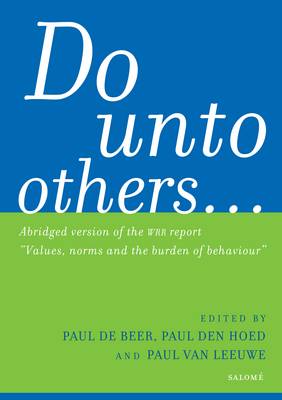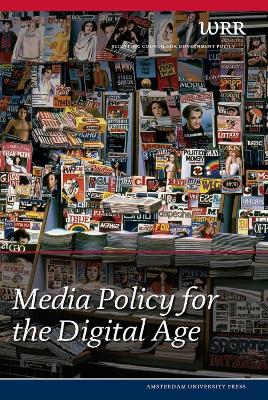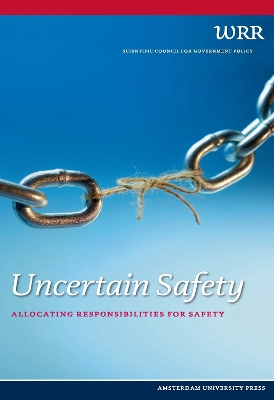WRR
4 total works
The increased tensions surrounding radical Muslims and radical movements in the political Islam are not only manifested in the Western countries but also in the Muslim world itself. Tendencies and political movements that undermine the status quo have proliferated since the 1970s. They plead for a far-reaching islamization: funding politics, law and society on Islamic foundations. This study of the Netherlands Scientific Council for Government Policy (WRR) analyses the developments in Islamic beliefs, political activism, society and law since the 1970s. To what extent has islamization been successful? What are its consequences for attempts in and outside the Muslim world to come to extend democratization and respect for human rights? And what can the Netherlands and the European Union contribute to support developments towards democratization and human rights? This study is, among others, based on "http://www.aup.nl/do.php?a=show_visitor_booklist&b=series&series=33">extensive research of experts on the change of Islamic thinking and to the dynamics of law in twelve different Muslim countries.
Traditionally, the Netherlands has enjoyed being a test market for many ideas in the media. But over the last decade, progress has been severely hampered by lengthy discussions on the future structure of just one sector of media, namely public broadcasting via radio and television. The narrow approach results in a lot of paper, speeches and theories, but little in the way of definitive policy making.
In a report to the government, published in February 2005, the Scientific Council for Government Policy (WRR) argued for very different approaches to policy making. The recommendations are not only much broader than “broadcasting”; they tackle the challenges of making robust policy from new angles. Instead of trying to repair the old compass, the approach has been to find new instruments to help policymakers navigate the stormy and often confusing waters ahead. Perhaps the problem in the Netherlands is not accepting the new media, but rather accepting that the role “old” media has undergone a paradigm shift.
Since the bulk of the WRR findings were published in the Dutch language, this summary is intended to provide readers outside the Netherlands with an insight into the issues at stake – and the solutions suggested by the WRR.
Also available in DutchFocus op functies
In a report to the government, published in February 2005, the Scientific Council for Government Policy (WRR) argued for very different approaches to policy making. The recommendations are not only much broader than “broadcasting”; they tackle the challenges of making robust policy from new angles. Instead of trying to repair the old compass, the approach has been to find new instruments to help policymakers navigate the stormy and often confusing waters ahead. Perhaps the problem in the Netherlands is not accepting the new media, but rather accepting that the role “old” media has undergone a paradigm shift.
Since the bulk of the WRR findings were published in the Dutch language, this summary is intended to provide readers outside the Netherlands with an insight into the issues at stake – and the solutions suggested by the WRR.
Also available in DutchFocus op functies
Flood prevention, food safety, transport of hazardous materials, infectious diseases, the risks posed by new technologies, and many other threats to public health and the environment call for ongoing public alertness. However, the ways in which these safety risks are currently assessed and managed fall short of addressing the uncertainties of future threats. The contributors to this essential volume argue that in order to ensure future-proof safety policies, we should be adopting a new paradigm, one based on the precautionary principle: i.e. the notion that the vulnerability of humans, society and the natural environment requires a proactive approach to uncertainties. In this vital report, the Netherlands Scientific Council for Government Policy outlines ways to embody this principle in both private and public law and in various institutional arrangements.



